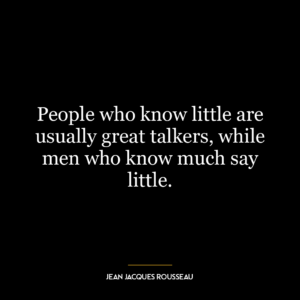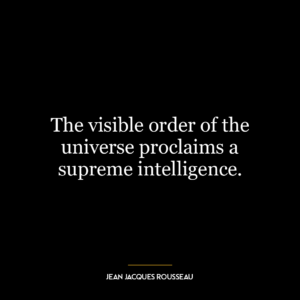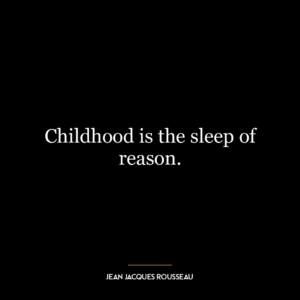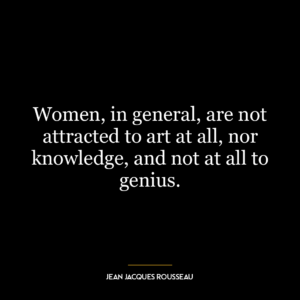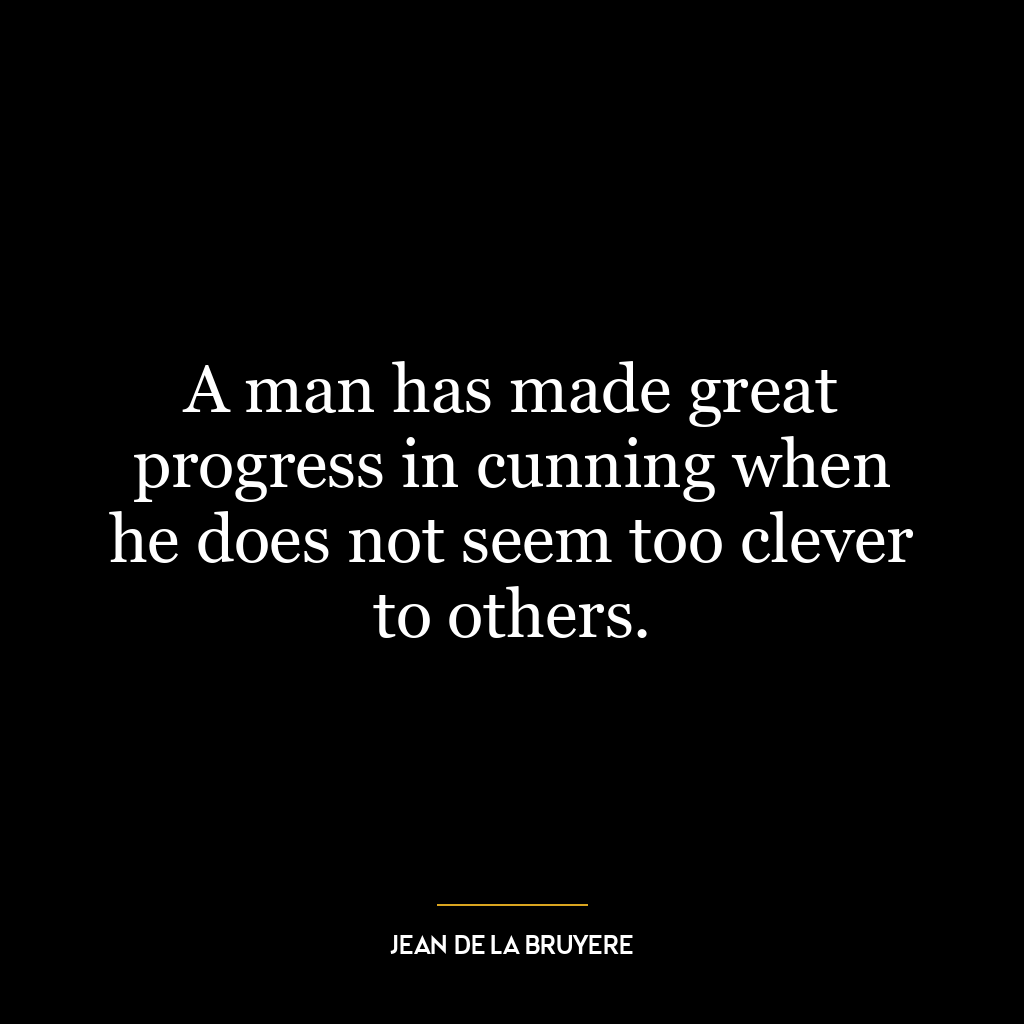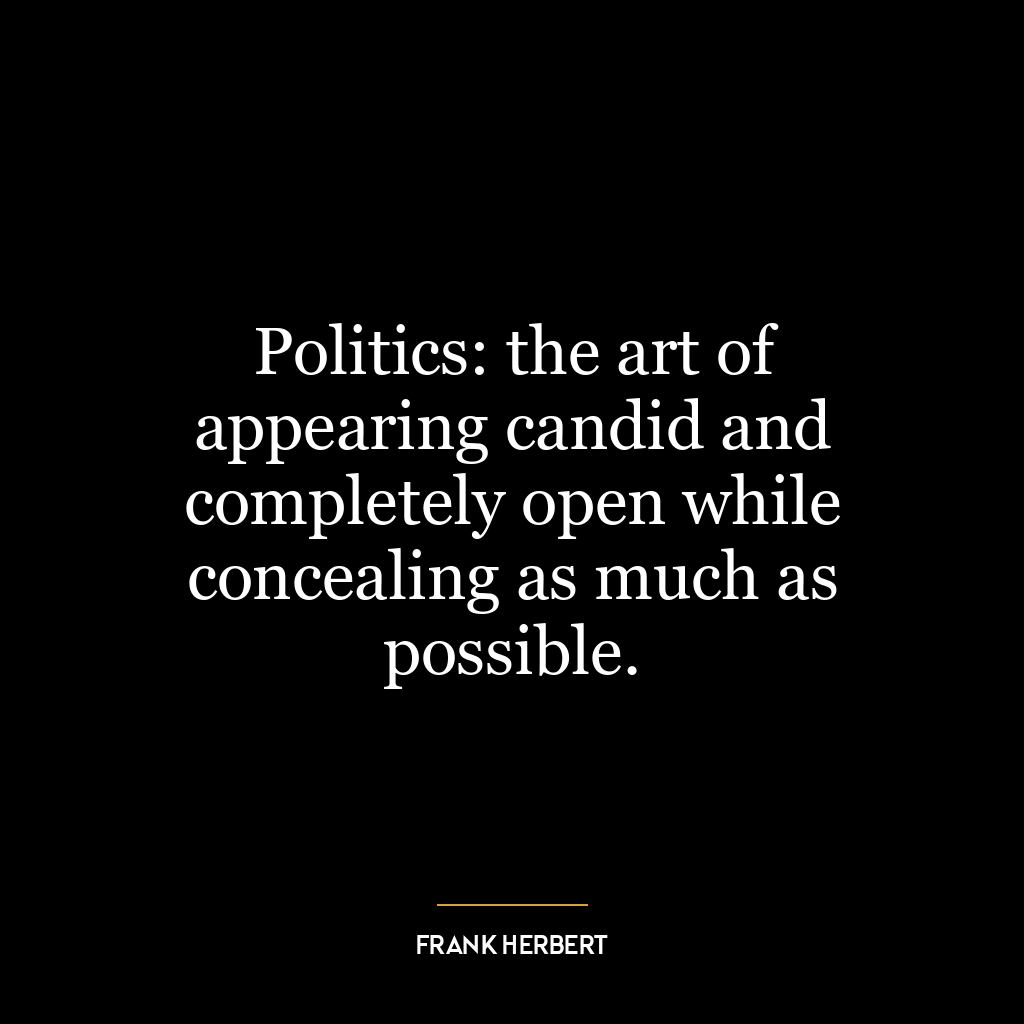The people is never corrupted, but it is often deceived.
This quote speaks to the inherent goodness and integrity of the masses, suggesting that the corruption we often see is not a result of the people themselves, but rather a consequence of deception. In other words, people are not naturally corrupt or evil, but can be manipulated or misled into corrupt actions or beliefs by those with power or influence.
The quote implies that the root of corruption lies not within the people, but within the systems, structures, or individuals that deceive them. This deception could take many forms, such as misinformation, propaganda, or manipulation. The people, being inherently good and honest, are susceptible to these deceptions because they trust and believe in the sources of information or leadership.
In today’s world, this quote is particularly relevant. With the rise of digital media and the internet, the spread of misinformation and deception has become easier and more widespread. This can lead to a variety of societal problems, such as political polarization, radicalization, and public distrust in institutions. However, this quote reminds us that the people themselves are not to blame for these issues. Instead, we should focus on combating the sources of deception and ensuring that accurate, reliable information is available to all.
In terms of personal development, this quote suggests that we should strive to be discerning and critical consumers of information. We should not take everything we hear or read at face value, but instead investigate and question the sources of our information. This can help us avoid being deceived and thus prevent us from contributing to corruption. Furthermore, the quote also encourages us to have faith in the inherent goodness of people, reminding us that corruption is not a natural state but a product of deception.




